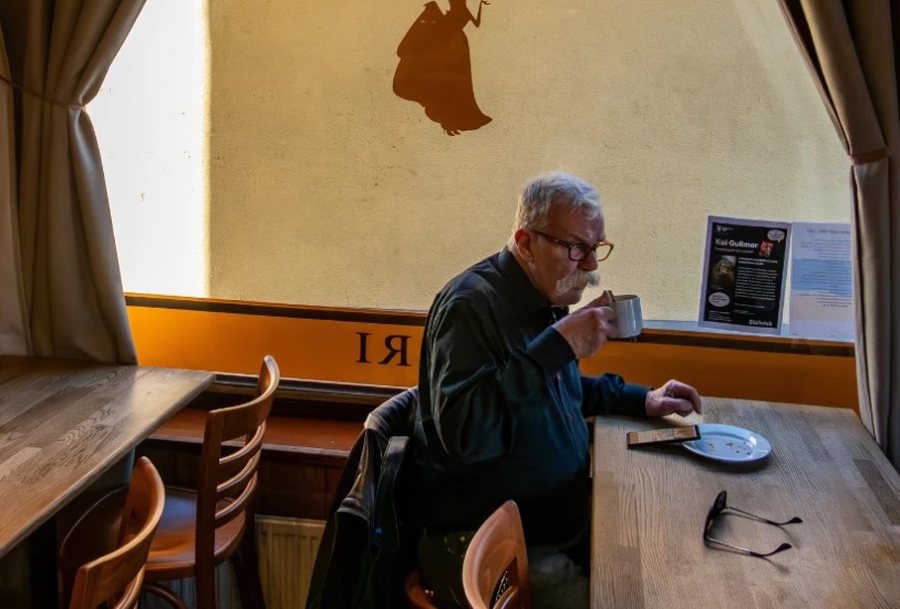
In its simplest definition, self-care means understanding what makes you feel good and doing something about it, without any guilt. In the fast-paced world we live in, finding inner peace and true relaxation sometimes seems out of reach.
But when you see how other cultures do it, you can get incredible inspiration. Here are five of the most interesting self-care secrets from different cultures around the world:
1. Hygge in Scandinavia
In Scandinavian countries, like Denmark, creating an intimate and warm atmosphere is key to well-being. Scandinavians are experts at staying warm during the cold winter, and their concept of “hygge” goes much deeper than just comfort.
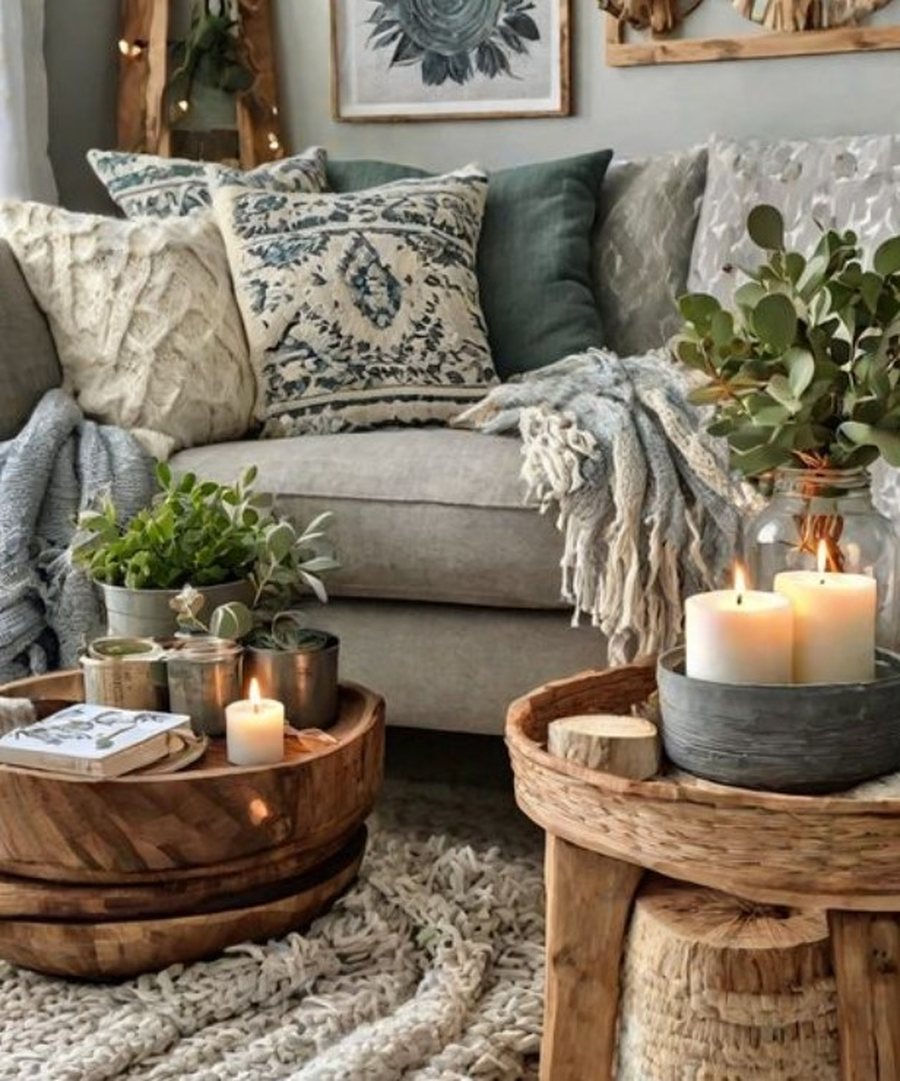
“Hygge” comes from an old Norse word meaning well-being. As a practice, hygge is about enjoying the warmth and good things in life in the company of others, creating moments that bring you simple joy. Whether it’s a warm cup of tea by a fire, laughing at a children’s joke, or simply enjoying your own company, hygge is an experience that nourishes the soul.
2. Hot baths in Hungary
In Hungary, hot baths, known as gyogyfurdo, are more than just a relaxing ritual; they also offer incredible health benefits. The warm water contains healthy minerals like sodium, calcium, magnesium, fluoride and more, which help lower blood pressure and improve circulation.
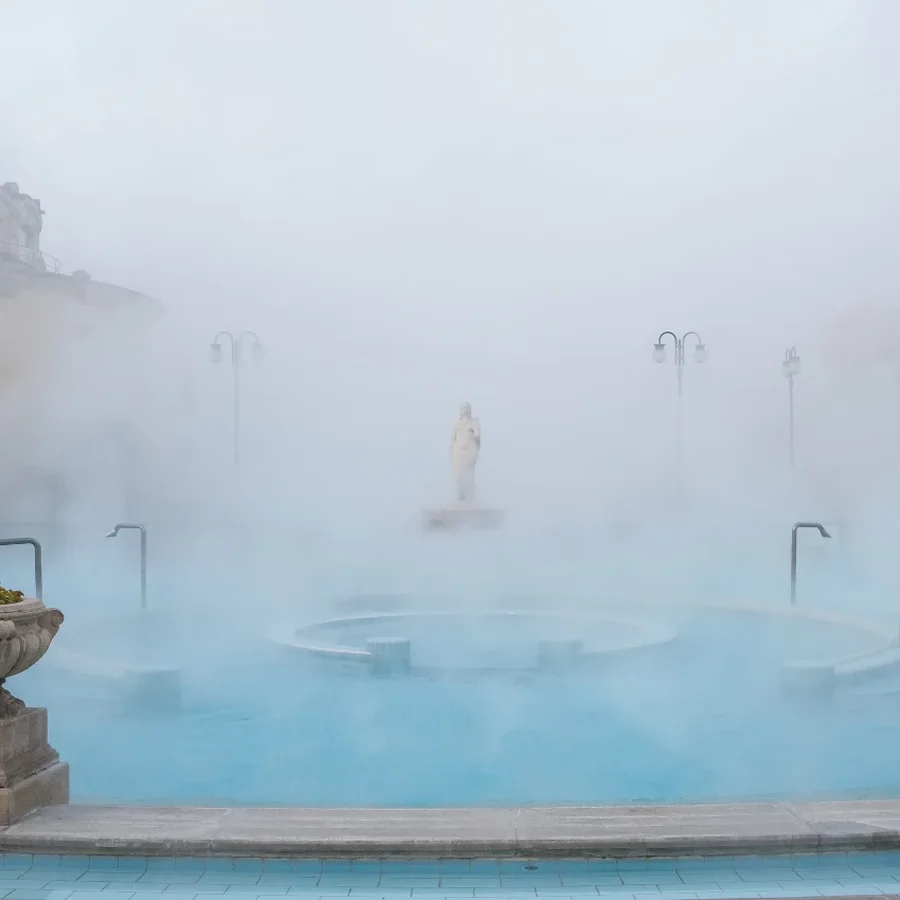
Beyond physical health, baths are a social opportunity: people sit for hours, chatting, women swapping stories, while men play chess. In this way, a simple ritual becomes a time to enjoy social connections and relaxation in a profound way.
3. Onsen in Japan
In Japan, natural hot springs, known as onsen, are part of people's social and spiritual lives. Women visit onsen throughout their lives to gain energy and socialize, while those who live in cities use sento, indoor public baths.
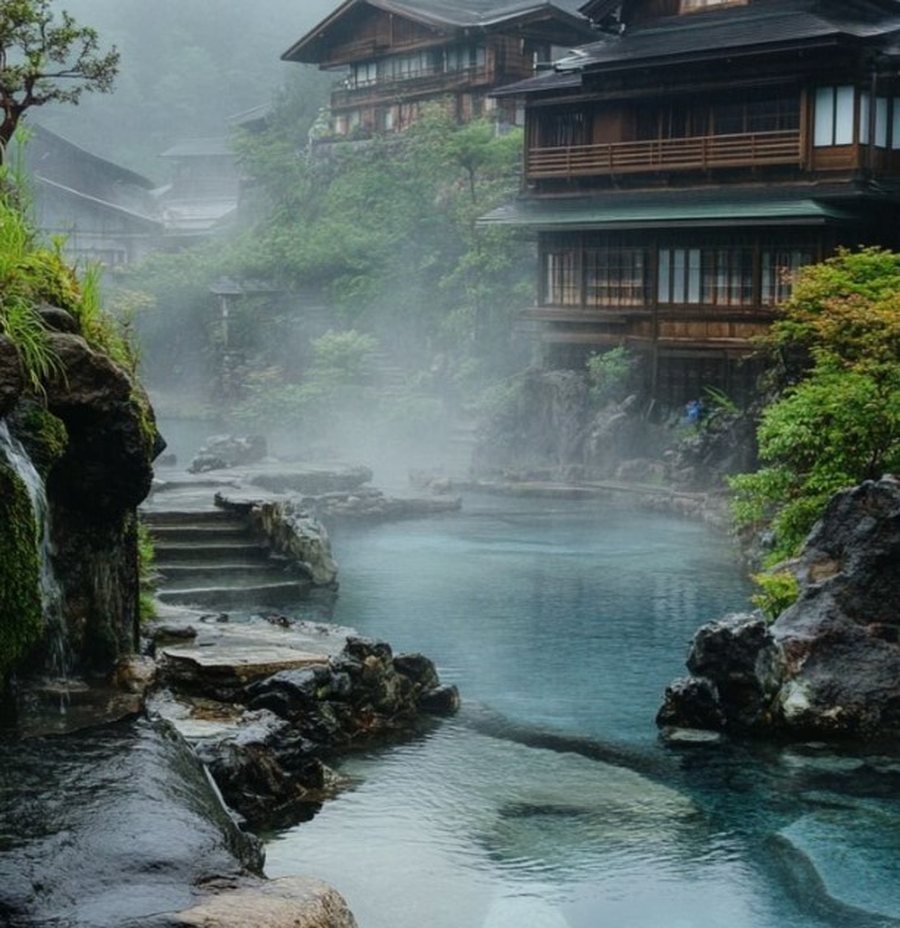
The rules are clear: shower before entering, speak softly, and cover tattoos, due to culture and social etiquette.
4. Fika in Sweden
In Sweden, coffee is not just a daily energizer, but a sacred moment to breathe: it's called fika. This is a traditional coffee break that takes place during the day and can be shared with family, friends, colleagues or romantic partners.
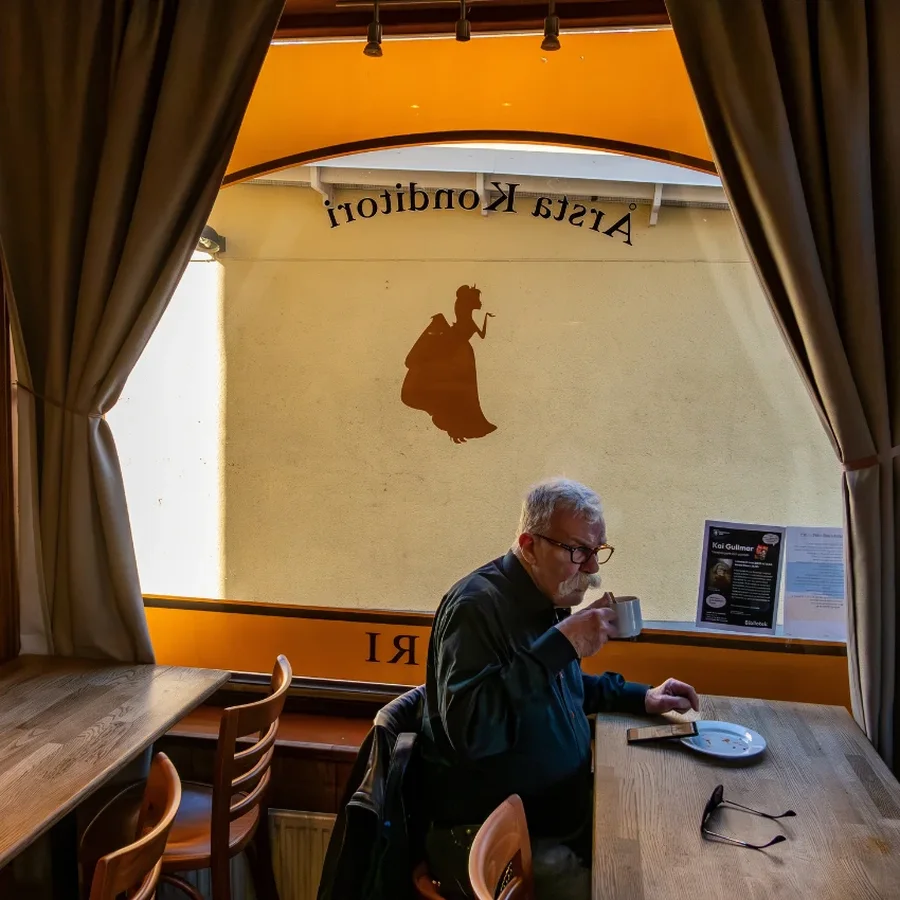
Fika is not just an action, it is a social institution, a way to slow down, reflect, and enjoy the moment.
5. Ayurvedic Oils in India
Although Western beauty products entered India in the 1990s, natural oils and herbs from the Ayurvedic tradition remain an integral part of self-care rituals. Mothers massage their daughters' hair with various oils such as coconut, sesame or olive, often combined with medicinal herbs.
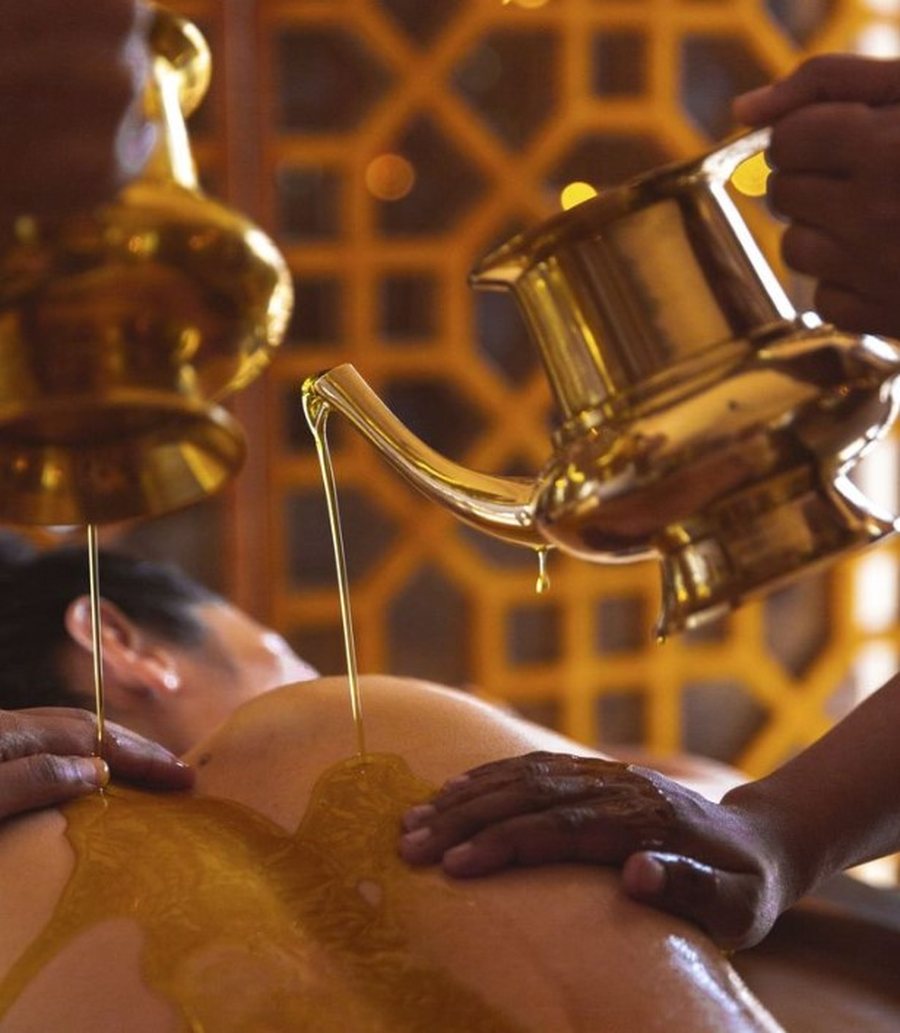
Regular massages and oil application are not just for beauty; they are a physical and spiritual wellness practice that maintains energy and calm.











